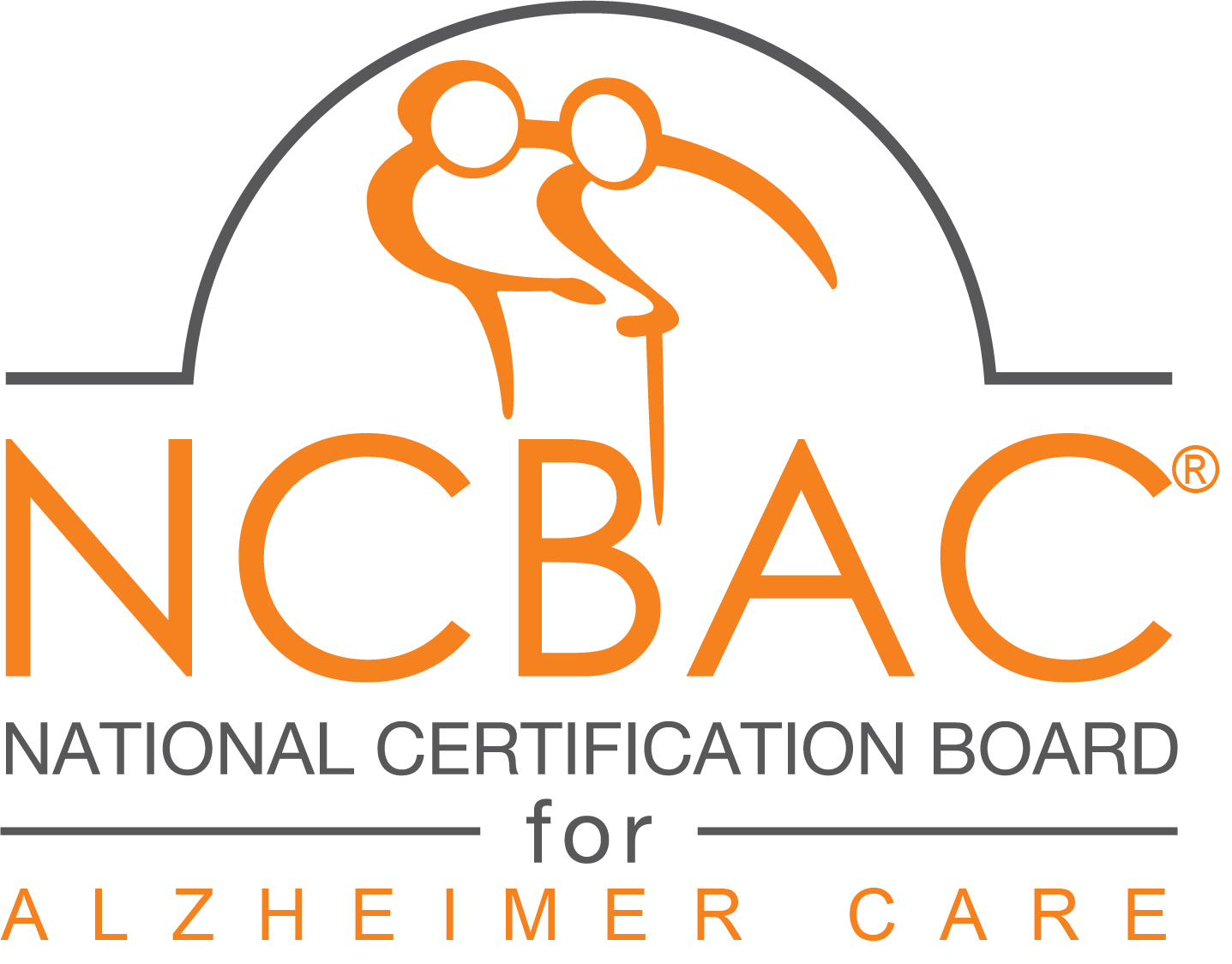Welcome to the September newsletter!
Understanding & Managing Agitation
Agitation is a common experience for people diagnosed with bipolar disorder, schizophrenia and dementia. Agitation is also experienced by people with depression and anxiety disorders.
When agitation takes place it can escalate very quickly and if severe may require a hospital admission which can all be very distressing. Early recognition of signs and symptoms and acting quickly are crucial to avoiding this situation.
Could Your Body Language Be Making Your Loved One Anxious?
Dear Candid Caregiver: My parents were always open about their long-term plans for retirement, saying that they’ve worked hard and retirement was going to be the payoff. Travel was huge on the horizon. Now, my dad has been diagnosed with mixed dementia, which, in his case, means Alzheimer’s and possibly Lewy body dementia, so their dreams are pretty much canceled. Mom is, for the most part, a good caregiver, but she’s resentful about what happened, and why wouldn’t she be? She has a right to these feelings except that her resentment shows through to Dad through her body language as well the tone of her voice, and from my observation, this increases Dad’s anxiety.
Report Sounds Alarm on Medication Overload Among Older Americans
Experts on aging are sounding the alarm about another U.S. drug crisis: Too many older adults taking too many medications.
This trend is leading to a surge in adverse drug events (ADE) over the past two decades. The rate of emergency department visits by older adults for adverse drug events doubled between 2006 and 2014. That’s a problem as serious as the opioid crisis, but whose scope appears to remain virtually invisible to families, patients, policymakers and many clinicians, according to a recent report by the Lown Institute, a nonprofit think tank in Brookline, Mass.

























































